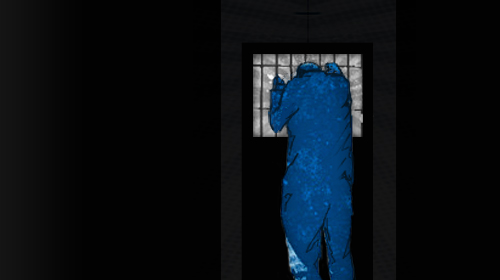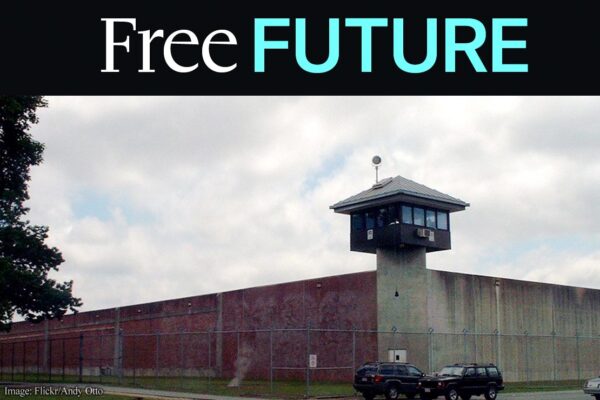
By Rabbi Rachel Kahn-Troster
At the beginning of Genesis, we read: “It is not good for a human to be alone.” From the very beginning of human existence, there is an awareness that people are social creatures, designed to be in community with others. Genesis also teaches us that every human being – no matter what their behavior might be – is created in God’s image, b’tzelem elohim. Therefore, to intentionally torture, humiliate or degrade another human is akin to degrading the divine.
There is an increasing consensus that prolonged solitary confinement of prisoners leads to profound and often irreversible psychological impairments without making anyone safer (whether other prisoners, guards, or the public at large), and that it constitutes a form of torture. By ignoring the needs of prisoners for normal human contact and basic standards of living, it does not treat the incarcerated as they are created in the divine image. The Torah prohibits degrading and excessive punishment by saying, “lest your brother be degraded before your eyes.”
Solitary confinement (and prison reform in general) is often not seen as a “Jewish” issue. But if we take our belief in God seriously as people of faith, then we cannot be silent when more than 80,000 people every day in the United States are subject to such degrading conditions of incarceration.
That is why we are so excited that the Rabbinical Assembly, the national body of rabbis of Judaism’s Conservative Movement, has taken the step of becoming the first rabbinic organization to take a public stand against prolonged use of solitary confinement. At their May meeting, the RA voted to support the campaign to improve American prison conditions, including ending prolonged isolation of prisoners.
Rabbis for Human Rights-North America submitted this resolution because we believe that the moral voice of rabbis is critical in ending this endemic violation of human rights. Rabbis also play a crucial role in teaching our communities about the importance of restorative justice, rather than punitive and damaging punishment. In our system of justice, being sent to prison is the punishment, not horrific conditions while in prison, of which isolation is the extreme end. Our failure to fight for humane treatment for prisons is often motivated by revenge, the idea that if someone hurt someone we loved, we should want to see them punished cruelly, and that this punishment will bring about a sense of healing.
This desire for revenge not only ignores the reality of why people often end up in isolation, but from my perspective as a rabbi, isn’t a particularly Jewish value. Jewish tradition teaches us that the gates of repentance are always open, and that God suffers over the pain of sinners and righteous alike.
The resolution on solitary confinement is an outgrowth of RHR-NA’s groundbreaking campaign against the use of torture in partnership with the interfaith organization the National Religious Campaign Against Torture, of which RHR-NA is the leading Jewish member. Increasingly, the work of the religious community to end torture has been expanded to include opposition to inhumane treatment during domestic incarceration.
You can read the complete text of the resolution here.
Learn more about solitary confinement: Sign up for breaking news alerts, follow us on Twitter, and like us on Facebook.


